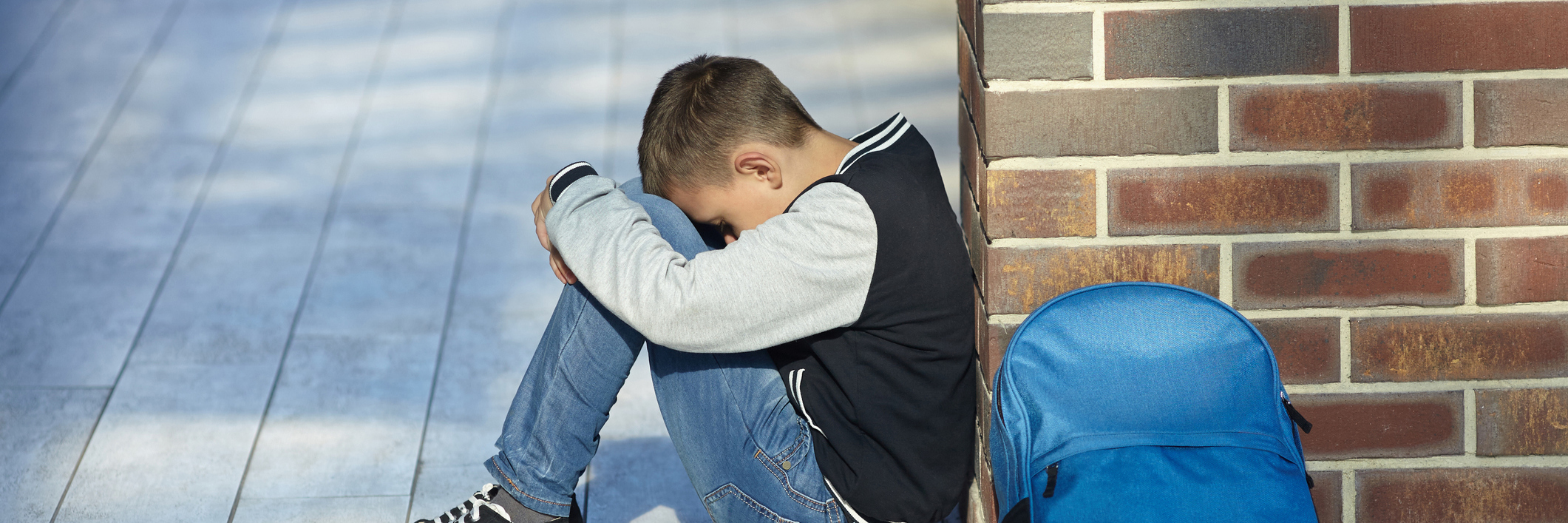The Obstacles to Learning That Bullying Imposes On Children With Disabilities
When I was growing up, every month was autism awareness month in my home, but definitely not in the general community.
My younger brother was diagnosed with autism when I was about 5 years old. I don’t remember a time when I wasn’t aware he had a disability and an ever present sense that my family was different. Even though my brother didn’t go to my school, word got around quickly; as a result, I was bullied fairly frequently, as was my youngest sibling. What we dealt with on occasion was nothing compared to what our brother endured on a daily basis. He was quickly identified as “different,” leading to isolation on the bus and at the lunch table, as well as overt acts of cruelty.
Bullying, and the consequences for victims and bullies alike, has been a timeless problem for many students, parents and schools. However, bullying for students with disabilities creates significant obstacles to learning and social development in a way that many students without a disability most likely won’t encounter. In some instances, those kids who have experienced bullying lash out at others who they sense are more vulnerable than they are, and become the bullies as they seek some control over their environment. Though bullying has obviously been an ongoing issue for many children, both with and without disabilities, there has not been a nationwide push to address it until the past several years.
Following the tragic deaths of several severely bullied students, many states’ legislators sought to create a legal recourse for victims.
However, the notion that an unending litany of harassment, as well as verbal, and at times physical abuse, could interfere with a student with a disability’s ability to receive the “free appropriate public education” (FAPE) required by the Individuals with Disabilities Education Act (IDEA) remains a point of controversy. In those courts that do find a denial of FAPE, the decisions indicate that in order to be successful, the individual facts must be able to clearly demonstrate that the student suffered clear and egregious bullying, which undeniably created an environment non-conducive to the receipt of a meaningful education. While it seems as though this would be a widely accepted and easily understood concept, it unfortunately remains an idea that disability advocates in some states continue to fight long and hard for.
Middle school and high school years are difficult for most. It’s a time of enormous growth and development, both internally and physically, which makes navigating a complex social scene tricky for many kids. But it can be virtually impossible for kids with disabilities, both physical and intellectual. We all want to fit in with some group, any group, that will accept us for who we are, differences and all.
My brother is one of the strongest, most resilient people I have the fortune to know and I am proud of the strong young man he has become. However, he should have been spared the bullying and instead been embraced for his many strengths and talents. I would be lying if I denied that my personal experience with this issue had a profound impact on my development and worldview. More importantly, it shaped how I perceive the most vulnerable in our society and instilled in me the importance of extending kindness to those around me. It is a lesson I seek to pass on to my daughter and hope that as she grows, the world will continue to evolve into a more accepting and compassionate place for all our kids, where their individuality can be celebrated, rather than targeted, all year round.
We want to hear your story. Become a Mighty contributor here.
Thinkstock image by bodnarchuk

